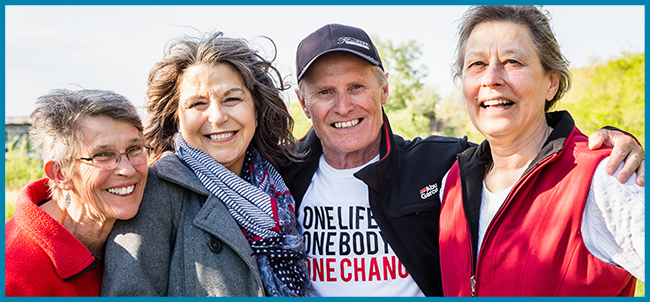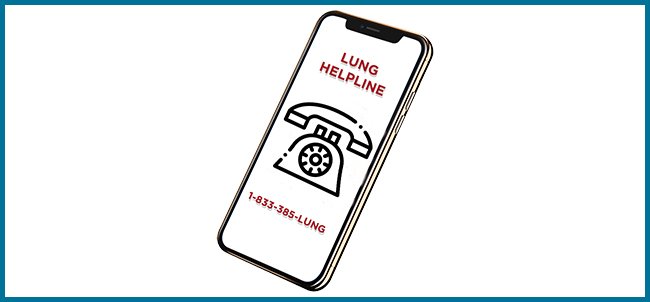Frequently Asked Questions
Q. Is there a cure for sleep apnea?
At this time there is no cure. People who have lost a large amount of weight may have their symptoms reduced to the point that they no longer need CPAP. A sleep specialist must make that determination.
Q. How long will it take to get used to CPAP?
Some people are able to use their equipment with no problems from the very first night. They wake up feeling much more rested. Others can have trouble getting used to the mask and the pressure. It may take up to 6 weeks to adjust. It is important to keep trying – do not give up. For more tips on getting used to your CPAP visit our page on masks.
Q: How do I know if my CPAP is working?
You will feel improvements in your mood and energy and feel more awake during the day. You should have your information downloaded and reviewed at least once a year.
Q: Do I have to use my CPAP every time I sleep?
Yes, in order to prevent apnea episodes and obstruction of your upper airways, you need to wear your CPAP every time you sleep and during naps.
Q. What happens if I stop treatment?
Your sleep apnea symptoms will return. CPAP treatment is effective only when you use it.
Q. Will the CPAP pressure ever need to be changed?
A significant weight loss or weight gain may change the pressure that you need. Check with your doctor about a repeat sleep test or using an auto-titrating machine for a few days to determine the right pressure for you.
Q: I have a cold, should I use my CPAP?
If you can tolerate heat, humidity, and flow of air from your CPAP, you can use your CPAP. Also, you can try to elevate your head or sleep on your side to make it easier to breathe.If you cannot tolerate your CPAP due to nasal congestion and cough it is OK to take a break from your CPAP until you feel better.
Q. Could I lose my driver’s license?
If you are diagnosed with sleep apnea, you may have your license restricted until you begin CPAP treatment. Once you begin treatment successfully, you should be fine to drive. If, however, you do not agree to treatment, your license may be taken away. Specific approach varies by province.
Q. I use my CPAP every night, but I’m still sleepy. What else can I do?
There are some people who are still sleepy even though they use their CPAP properly. The first step is to make sure that your equipment is working. You can take the CPAP machine back to the supplier to have it checked. Second step is to speak to your sleep apnea health professional or sleep doctor.
Always talk to your sleep doctor about any sleep problems that you have as there are many reasons for sleepiness that might need investigation.
Q. Do masks and tubing fit all machines universally?
Most unheated tubing will fit all machines. But not all heated tubes do so you will need to purchase the tubing made from machine’s manufacturer. Discuss this question with your sleep apnea health professional.
Q. Will my insurance cover the cost of the machine and mask?
Prior to purchase, check with your insurance company to see what is covered.
Q: I am getting headaches from using my CPAP, what should I do?
Headaches can happen if your CPAP pressure is too high, please contact your therapist to adjust the pressure. You can also check your mask’s headgear and make sure it’s not too tight.
Q: Why is my CPAP too noisy?
The new generation of CPAPs only make light noise. A loud noise from your CPAP could be a sign of a defective machine. Also, make sure the filter that you are using is clean. Check your mask seal and your mask's vents (tiny holes on your mask). If you are hypersensitive to noises you can use ear plugs.
Q: I can hear popping sounds in my tubing?
This issue could happen if you have water accumulated in your tubing due to condensation. Try to decrease the temperature difference in your room by either increasing your room temperature or decreasing your tube temperature if you have a heated tubing. You can wrap your tubing around a blanket to keep the heat inside or purchase a cozy cover.
Q: Why do I still snore on CPAP?
Check your mask fit and make sure you have a proper size mask. If you are a mouth breather, but using a nasal mask you may consider changing your mask to a full-face mask. It could also be due to not having enough pressure. Ask your sleep doctor to adjust your pressure.





